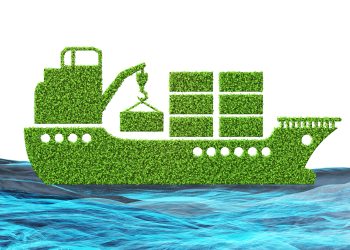US Secretary of State Mike Pompeo discussed with leaders in Saudi Arabia and the United Arab Emirates about the possibility of countering the military threat from Iran by establishing a wide, global coalition that includes Asian and European countries.
According to sources, the Arab allies are likely to partner with the US, but Europe and Asia will be harder to be convinces, as they are committed to the 2015 nuclear deal with Iran.
Namely, Germany, France and Britain, along with Russia and China, form part of the nuclear accord that lifted sanctions on Iran in exchange for set limits on its uranium enrichment levels.
[smlsubform prepend=”GET THE SAFETY4SEA IN YOUR INBOX!” showname=false emailtxt=”” emailholder=”Enter your email address” showsubmit=true submittxt=”Submit” jsthanks=false thankyou=”Thank you for subscribing to our mailing list”]
In addition, Germany, the UK and France have deployed envoys to Tehran, indicating their willingness to remain committed to diplomacy and dialogue. Furthermore, they also cautioned against moves that can lead to conflict between the US and Iran.
These talks comes as the US imposed further sanctions on Iran in order to put pressure on the Iranian leadership. The sanctions have damaged the Iranian economy and increased the cost of living. As for Iran, it believes that the US sanctions are obstructing it it from selling its oil internationally.
In the middle of all this, EIA informed that the Strait of Hormuz is the world’s most important oil chokepoint due to the large volumes of oil that flow through the strait. In fact, in 2018, its daily oil flow averaged 21 million barrels per day (b/d), or the equivalent of about 21% of global petroleum liquids consumption.

































































